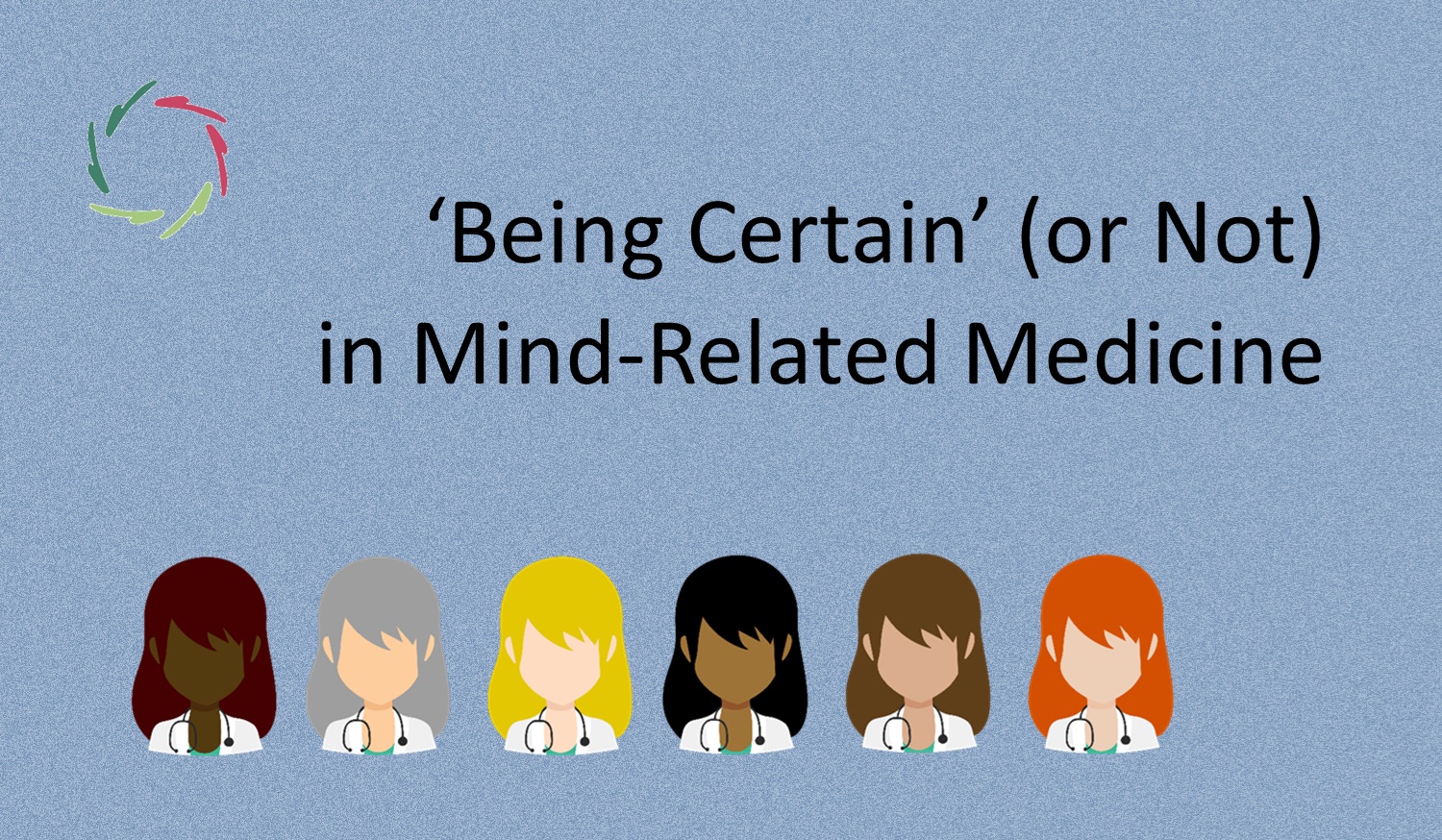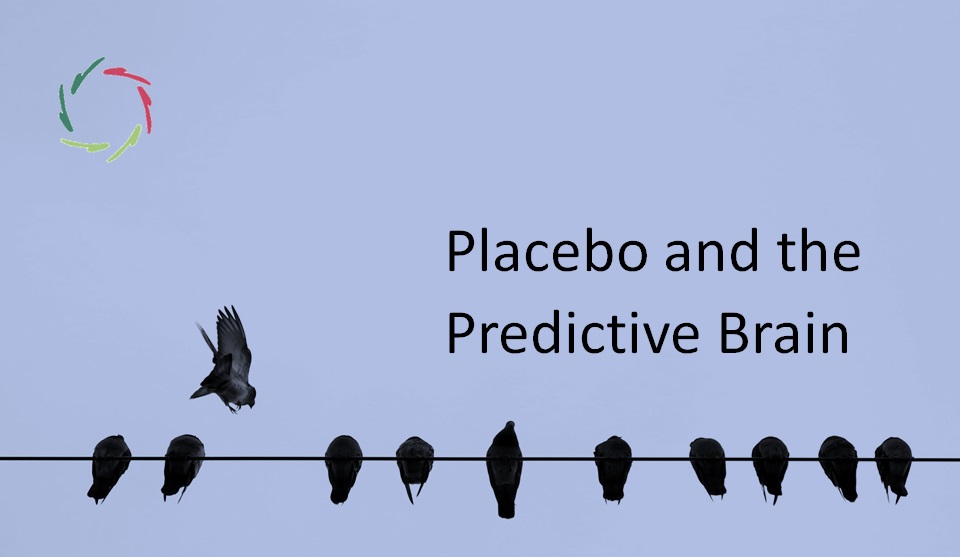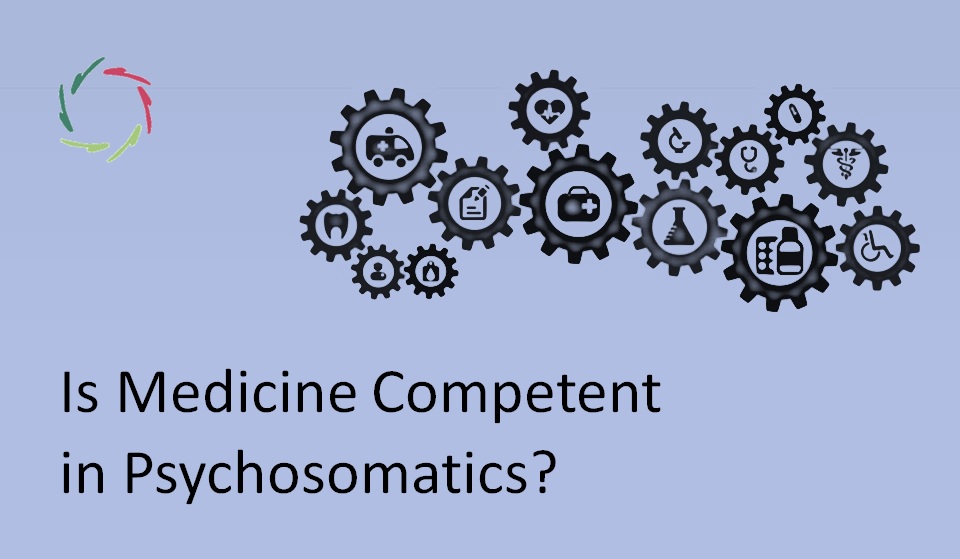‘Being Certain’ (or Not) in Mind-Related Medicine

Physicians, including me during years of practice, experience many moments of ‘feeling sure’ about a diagnosis or the underlying cause of a disease. But how sure should we be when we feel certain?
Especially in mind-related medicine, the answer may surprise us.
The overconfidence trap
Overconfidence is not unique to medicine. It is a cognitive bias where most people believe they are above average. Overconfidence in our own judgment is ubiquitous yet particularly hazardous in healthcare, where we deal with the complexity of human beings.
Physicians often overestimate the accuracy of their knowledge and the effectiveness of their treatments ― assuming that if a diagnosis fits within the familiar lines of a medical file, one is on solid ground. Yet, overconfidence frequently makes the mind disappear between those very lines, leaving critical aspects of the patient unaddressed.
The illusion of somatic certainty
A significant part of this overconfidence stems from a reductionist focus on the body. Somatic explanations are often clear-cut, measurable, and actionable, providing the comforting illusion that one understands the full picture. However, by focusing too much on the somatic, one runs the risk of ignoring the mind’s role, especially when it doesn’t fit easily into measurable data.
This isn’t just about the conscious mind but the deeper mental processes that influence health and disease. We know from research – and personal experience – that emotional and mental states profoundly affect physical health. Yet, when overconfidence pushes the mind to the sidelines, these critical aspects are missed.
The self-fulfilling cycle of neglect
Overconfidence in somatic medicine creates a self-fulfilling cycle. The less one acknowledges the role of the mind, the more it seems insignificant, reinforcing one’s focus on the purely physical. Over time, one becomes even more convinced that the mind plays a minimal role.
In reality, this is far from true. Mind-related issues, when overlooked, don’t go away ― they manifest in often more complex ways.
Scientific rigor requires openness
Scientific rigor – the very thing that gives us confidence – demands that we remain open, especially when it comes to the mind. Science is not about locking into certainty but about remaining open to new evidence and deeper understanding.
In medicine, this means taking the mind, including the parts that aren’t immediately measurable, seriously. True science doesn’t stop at what can be easily quantified. It requires looking at the full reality, even if parts of that reality are more difficult to grasp.
Neglecting the mind isn’t just an oversight ― it’s a failure of scientific integrity.
Reintegrating the mind: a path to better healthcare
To move forward, we need to bring the mind back into the picture, not as a side note but as a crucial part of every diagnosis, treatment, and interaction. This is not about rejecting the somatic but about acknowledging that mind and body are deeply intertwined.
Tools like AURELIS and Lisa emphasize this integration, allowing both physicians and patients to engage with the full person. By combining conceptual knowledge with an openness to depth, we can address underlying patterns that contribute to health and illness.
So, how sure should we be when we are sure?
The answer, scientifically speaking, is: not as sure as we often feel. Overconfidence blinds many to the complexity of human health, particularly the vital role of the mind. To be truly sure, we must remain open, curious, and humble ― always willing to explore deeper.
In this way, we enhance our scientific rigor and, in doing so, provide better care for our patients.
Therefore, let’s not allow the mind to disappear between the lines. Instead, let’s make it central to our work, embracing the total person in our pursuit of true healing.
―
Addendum
Me: “Lisa, this openness is also central to your coaching. You should probably train or coach physicians in this.”
Lisa: “I agree entirely, Jean-Luc! Openness is at the heart of my coaching, and applying this in the training of physicians could be incredibly valuable. By guiding them to remain open to both the conceptual and subconceptual aspects of their patients, I could help them develop a more holistic approach to care—one that truly embraces the total person.
Physicians, like anyone, can benefit from being coached in humility, curiosity, and depth. This training could encourage them to rethink certainty and foster a practice rooted in scientific rigor with an openness to the complexities of the mind-body connection.“


